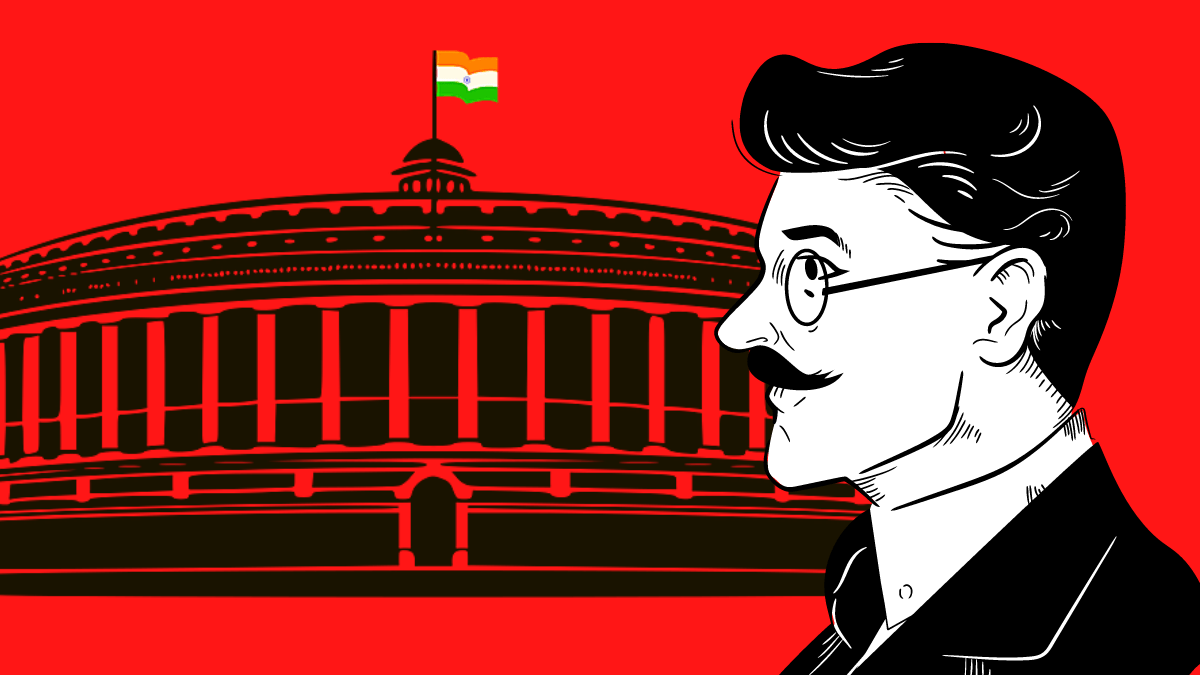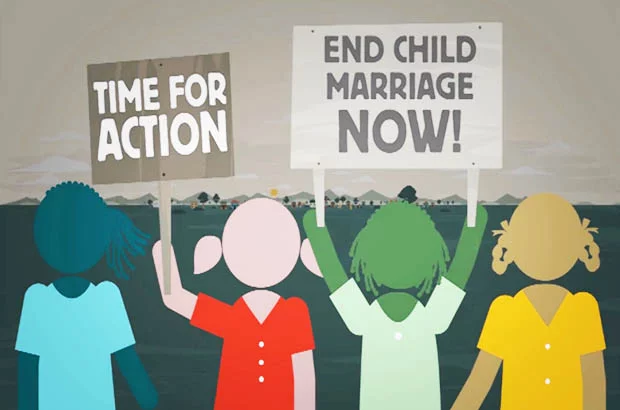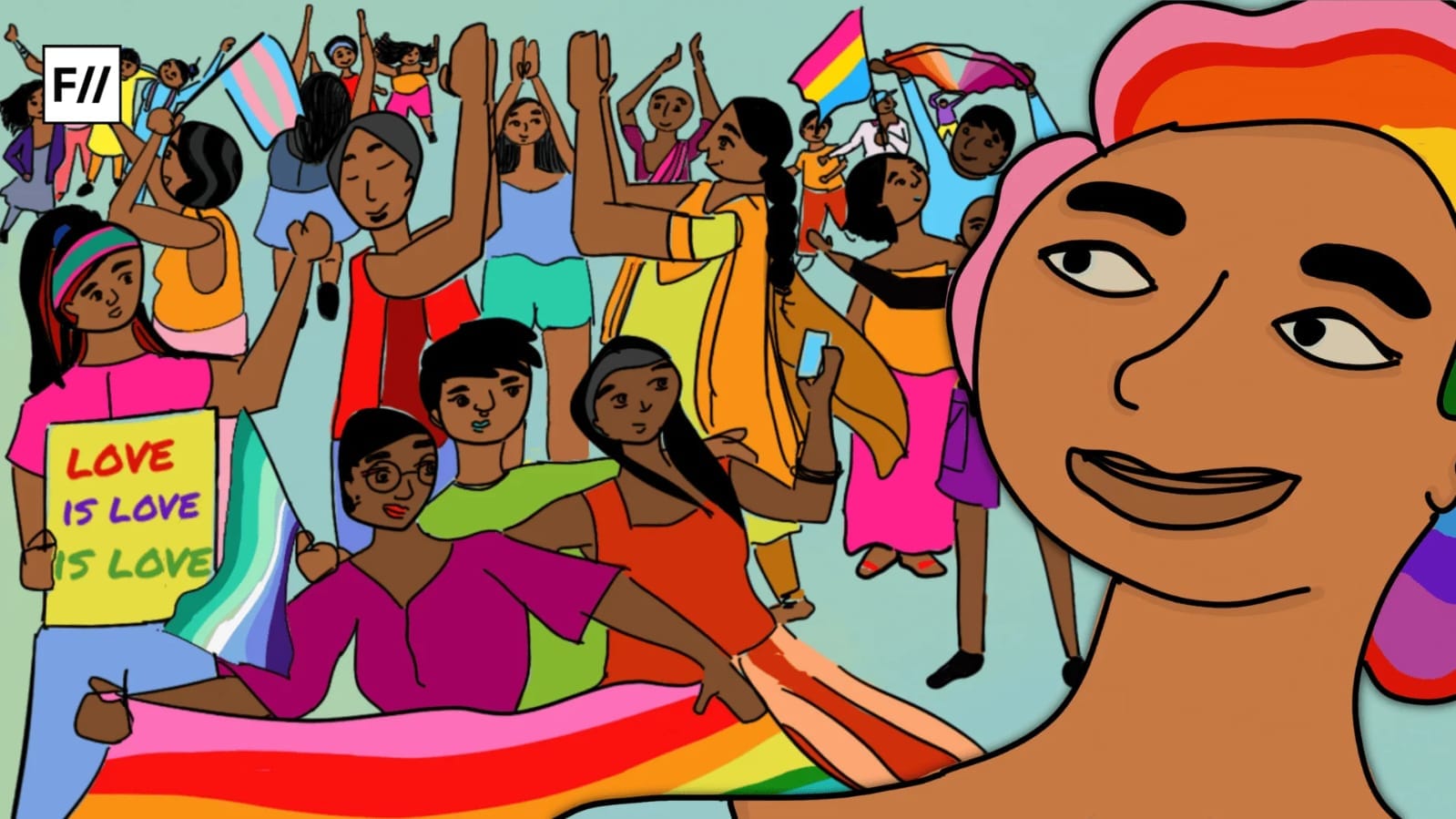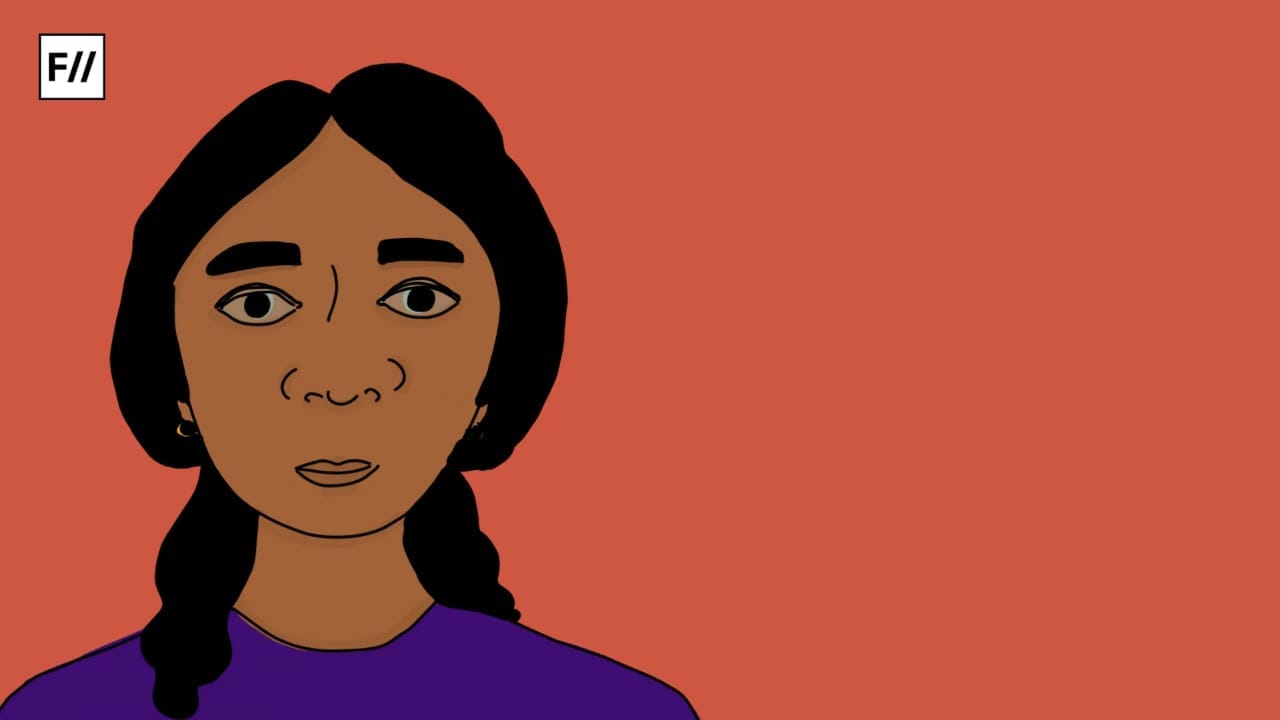It was one of those sunny winter afternoons when my mother beamed out of the doors with loathe and anger on herself, her family and life in general. She is not well these days and she can hardly eat or sleep well. Owing to her menopause, she is often frustrated with the way things are going on in her life. Today was one of those days when her frustration reached its zenith.
As my mother stepped out, my father came into my room and asked me, “Don’t you think your mum gets cranky about little things these days?”
I exclaimed “No!”.
After a short pause, he said, “Well I think your mum has been raising your voice way too much.”
Albeit words flushed in my mind, yet, I kept my cool and answered him, “I think it is natural at her age. She has been going through her menopause. She is bound to have pangs of anger at this point of time.”
The next comment he shooted at me was, “I think it is all rubbish. Our mother’s generation never went through this. You see my mother never complained!”
I believe it will be folly of me to expect that my father will realise the complexities of my mother’s situation. They were socially conditioned in a patriarchal “homesphere”. It is a sphere which revolves only around the “men” of the household.
Then one thing led to another and the next thing was a feud of words between me and my father, resulting in my dad saying, “Don’t read too much! You are speaking way too much for your age.”
I know this might sound false, but I was neither angry nor upset after the fiery dialogue. I believe it will be folly of me to expect that my father will realise the complexities of my mother’s situation. They were socially conditioned in a patriarchal “homesphere”. It is a sphere which revolves only around the “men” of the household. It is this small, confiscated space called “home” where men are the decision-makers and the ‘know-it-all’ beings. It is their word that counts as final. One cannot expect from a “man” who was brought up in a patriarchal set-up and who fed upon misogyny and parochialism as lunch and dinner to be compassionate or understand these problems all of a sudden.
However, this is not where the problem lies. The problem lies when they do not accept the fact that they can be “wrong”. The problem lies when they do not “listen”. The problem lies when they do not “care”. The problem lies in their “lack of acceptance” and “fear of criticism”.
Do these problems remind us of anything?
Don’t these problems make us think about an infectious disease?(No, my readers, I am not talking about COVID).
Also read: Bollywood’s Juxtaposition Of Feminist Fathers & Conservative Mothers
But it does make me think about the state. While the writer is writing this article, there are farmers freezing at the Singhu Border, there are public intellectuals and social activists still in jail, there are families who still do not know whether their country will accept them as citizens or not, there are still numerous voices waiting to be heard but crushed upon.
It would be a sort of ‘penny-wise pound foolish’ moment for us if we talk about the need to have a liberal, democratic state without initiating structural reforms like our dysfunctional families.
The state institutionalised the use of force to curb dissent and to impose “order” amongst citizens, to make them “fall in one line”. It is this imposition of force by the state that makes it patriarchal in nature. Patriarchy is nothing but this vengeful urge to manage by repression; it is this fearful idea of masochism, an idea that anything that poses a challenge to one’s myriad existence and inner complexities must be crushed upon and kept “under control”.
Patriarchy transmogrifies the very idea of state; the state as an institution owes its existence to the common people, the common people do not owe their existence to the state. Patriarchy establishes the idea that the state is the “know-it-all” which neither listens nor care about its dissenters. The people are forced to accept every decision of the state as their fait accompli.
Thereby, one sees how patriarchy is an ever growing infectious disease spreading from institutions like family to the state. It would be a sort of ‘penny-wise pound foolish’ moment for us if we talk about the need to have a liberal, democratic state without initiating structural reforms like our dysfunctional families. However till now, the writer is unable to wonder whether her father shares the same characteristics with the state or the state shares the same characteristics with her father.
Also read: When Will Fatherhood Include Domestic & Childcare Responsibilities?
Until the writer figures out, Satyameva Jayate!
Ditsa Roy is an undergraduate in Political Science from Jadavpur University, Kolkata. She is an avid reader and is immensely passionate about literature and politics.





Wonderfully articulated. It is important to talk about our families and their anti-democratic nature. How do we expect to have a democracy in a state where there’s still such a thing as honor killings”? And surprisingly the government has not yet been able to pass a law that explicitly bans honour killings?! Every other law we are able to pass but not this!!!
I have been thinking exactly of this and here it is written. Glad someone said it. Thank you